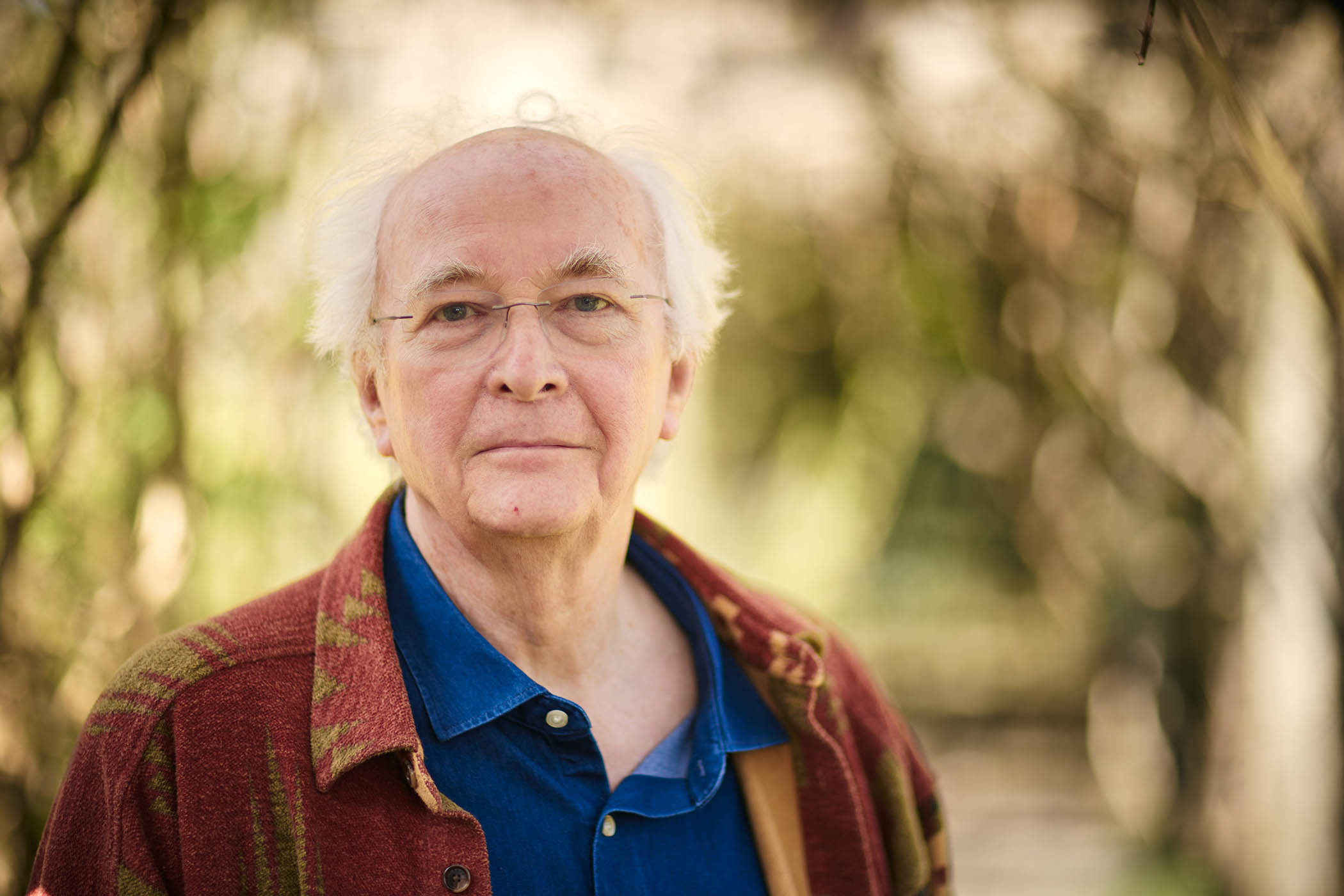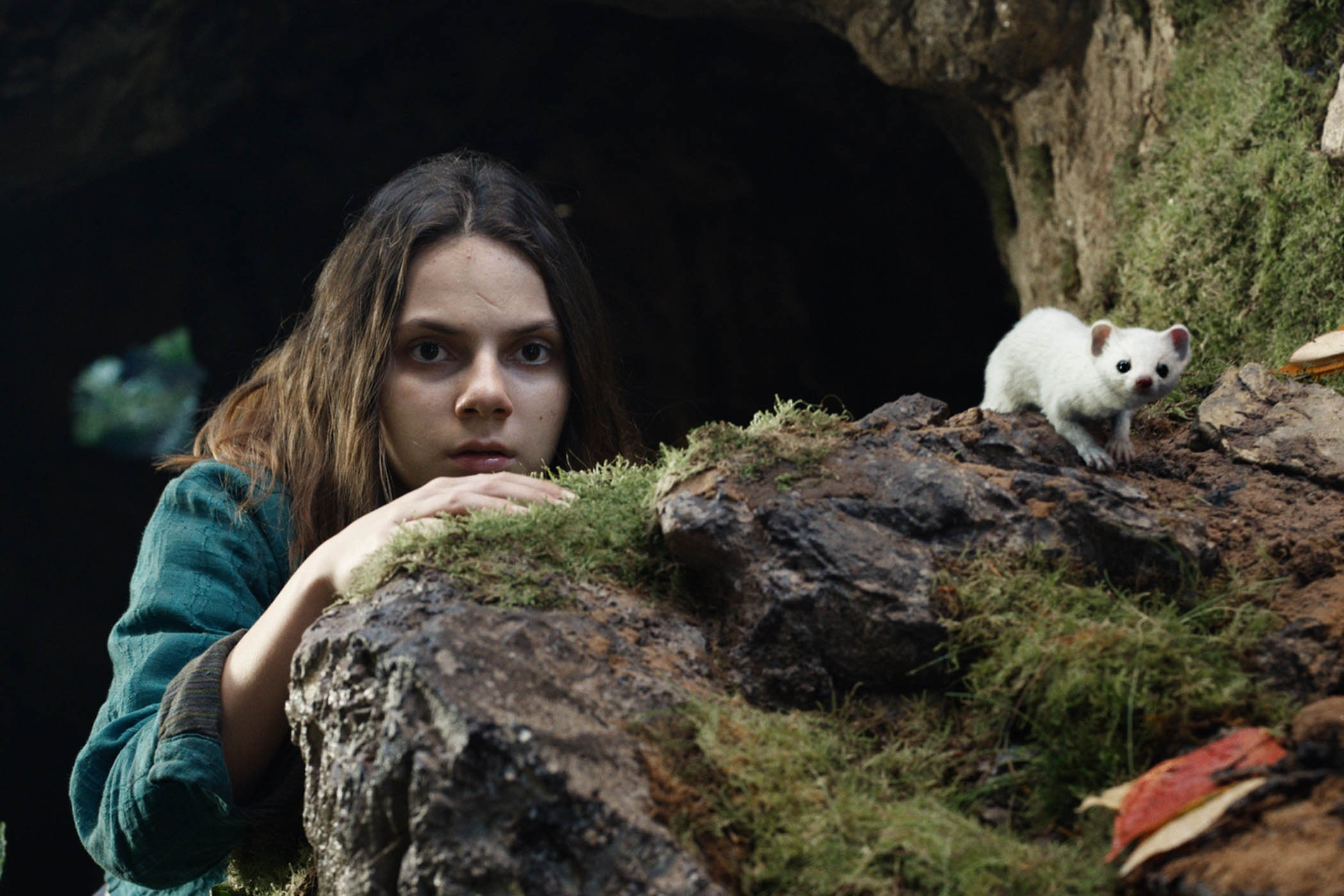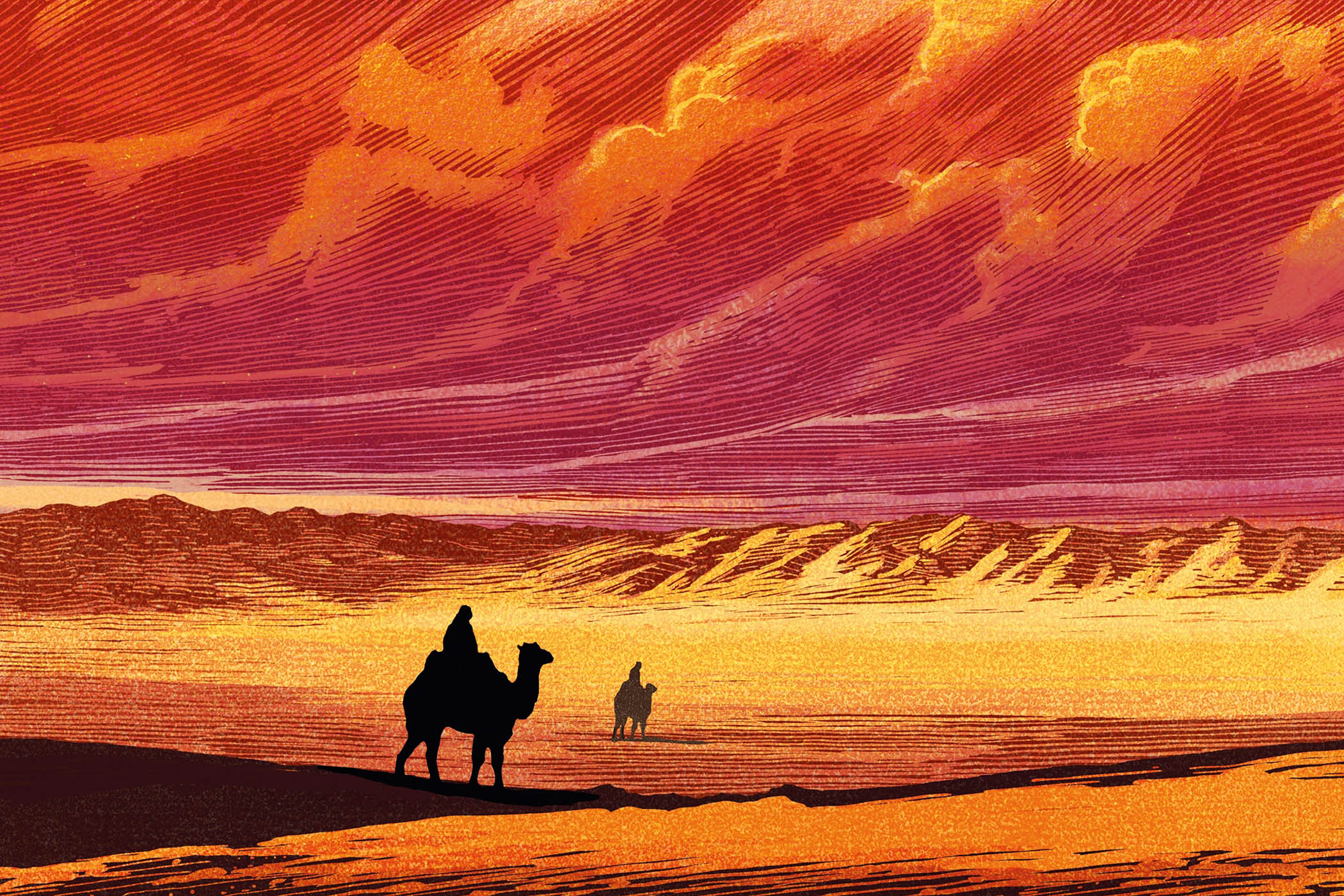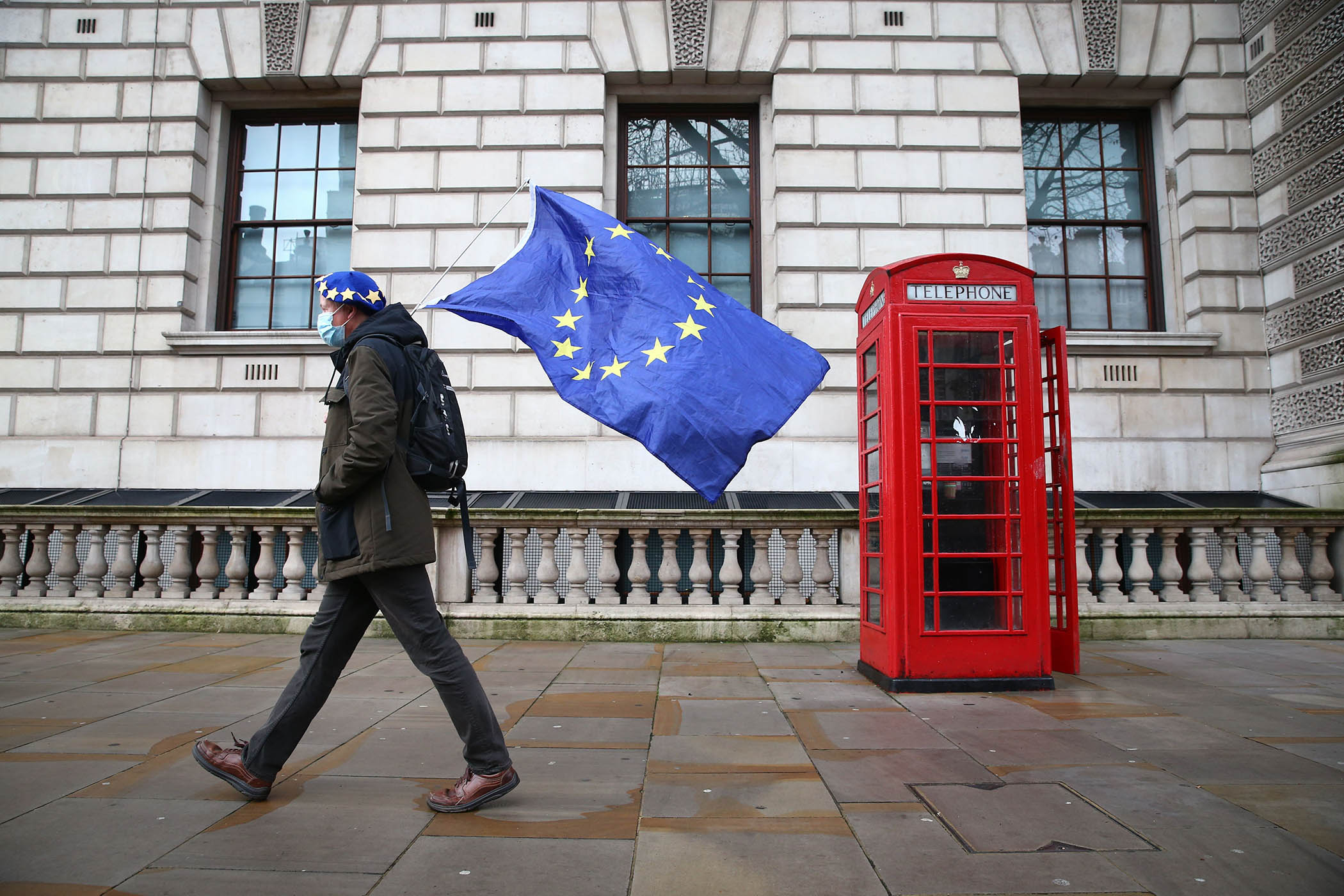“And what are you going to do?”“Go on telling stories, I expect.”
Philip Pullman ends his second monumental trilogy with these words, as if to reinforce something already underlined in the narrative itself. “A system isn’t complete unless there’s a hole in it,” says Lyra, Pullman’s remarkable young heroine, at a key moment in her long and turbulent quest to be – in effect – reunited with herself. His Dark Materials, the trilogy that began 30 years ago with Northern Lights, followed Lyra’s travels through the multiple worlds of Pullman’s universe, drawing on Milton’s Paradise Lost in its portrayal of the struggle against a religious autocracy. Throughout his companion sequence, The Book of Dust – in three packed, sometimes meandering, sometimes intensely dramatic volumes – Pullman has been playing with the metaphor of “Dust”, imagined as a stream of normally invisible particles representing something like adult self-awareness, sexuality and mortality.
In these books it also signifies the strangeness in our environment that we shall never domesticate or seal off, however we try. We have been told more than once in the trilogy that nothing is “just” what it is to us. An adequate representation of our reality – a “complete” response to it, in Lyra’s words – is one that recognises that the job cannot be finished. There will always be more to say, more stories to tell.
So the Dust that streams through the gaps between worlds and unsettles their systems is what keeps the vital circulation of imagination and renewal flowing. It is what stops us simply accepting the status quo. And it is also what makes us attend more deeply to the limits of who, what and where we are. Dust – which only gathers on us when we reach adulthood – is there because we need it if we are to be human. And we are here because Dust needs us to work upon.
The second volume of the Book of Dust trilogy, The Secret Commonwealth (2019), began to sketch what happens to the world when everything is marketised, reduced to its exchange value. The plot turns on the production of a rose oil from central Asia that is capable of making Dust visible, and the struggle for control of its production – a struggle that is especially urgent, as the origins of this product are clearly connected in some way with the elusive gaps between worlds that we have encountered throughout the Lyra stories. The last chapters of The Rose Field (the title refers us to the otherworldly rose gardens from which the precious oil derives) spell this out with extra force by way of one of Pullman’s most creative and characteristic devices. Readers of both trilogies will be familiar with the idea of the “daemon”, a person’s companion and twin spirit in bird or animal form, a kind of externalised soul with which we all engage in dialogue. It transpires that the professional managers and developers of the oil trade, whose project is corrupting the environments of two worlds, have daemons that are silent, passive, sick and fading, if not dead.

‘A risk-taking writer’: Philip Pullman.
If commodity and exchange are all there is, there are no indeterminate meanings to explore as we talk with others or ourselves. The daemon is one way of imagining the stranger who lives at the centre of the self. When the world is tamed and monetised, strangeness of all sorts is an unpleasant anomaly, even an abomination. Part of the novelty of Pullman’s narrative in this second trilogy is the recognition that mechanistic and exploitative attitudes are as serious a threat to our teasing, surprising, protean humanity as the repressive religiosity that he targeted so savagely in the first trilogy. The mapping of oppressive iniquity has shifted its focus a little in these three books.
There is one more thing that I think Pullman does with his daemons in the new novel, though very unobtrusively. In several contexts, instead of describing them as an aspect of the person, he speaks of the person as “part” of the daemon. How deliberate this is, I’m not sure; but it fits well with the idea of the conscious self as surfing on a wave of connections, absorbing more than it can express from the depths it navigates – as if the “real” self were the stranger, not the conscious ego; the daemon, not just the human.
The Secret Commonwealth began by displaying the way reductive and mechanical ideas of the self produce divided, even tormented, states of mind and heart. One of the main drivers of the plot of The Rose Field is precisely the effect of this alienation: Lyra’s university studies, which promote a flippant relativism and mechanistic models of living, have lured her into the nets of reductivist thinking. Her daemon, finding he can no longer talk to her, goes off, he says, to “find her imagination” again – a quest whose goal is never completely clear, but works as a challenge for Lyra to recognise what she is losing. As Lyra sets out to pursue her daemon, the journeys they both make – their leisurely rhythm punctuated by violent and dramatic incident – are all about this finding of imagination, and the discovery and rediscovery of a sense of personal wholeness.
Some readers of the second volume were impatient with the pace of the narrative, and with the changes in Lyra’s character from the first trilogy. Pullman is a risk-taking writer: to depict a child heroine – who has been involved in the death of a deity and a sort of harrowing of hell, a liberation of imprisoned souls – as a young woman of around 20, living as a 21st-century student in a climate of essays, parties and hangovers, was always going to be a gamble. But it allows Pullman to flesh out what his whole enterprise entails. Growing up involves a loss both of imaginative liberty and of untroubled confidence about your place in the world. But to try to circumvent it, and avoid the dangers and surprises of the complex world of Dust, results in horrors.
So we have a journey to undergo, not back to childhood but forward to a maturity that can itself take new risks and explore new depths. Lyra’s voyage – and that of her daemon, Pan, and her former tutor and childhood protector, Malcolm – becomes a voyage into this dangerous but constantly expanding and enriching reality.
Newsletters
Choose the newsletters you want to receive
View more
For information about how The Observer protects your data, read our Privacy Policy
A number of loose ends from the first two books are tied up and the vivid climax is finely done
A number of loose ends from the first two books are tied up and the vivid climax is finely done
If the second volume sometimes read like a John Buchan story of espionage and adventure in the Levant, this book returns us robustly to the world of His Dark Materials, especially its unforgettable first volume. The armoured bears of Northern Lights are paralleled here by the gryphons (lion-eagle hybrids) encountered in the deserts and mountain ranges east of the Caucasus (any chance of a map in the paperback edition?). Once again, we are taken into a society both ceremonious and violent, full of honour and courage. Like the bears, the gryphons are largely indifferent to the politics of the human world; but those politics are beginning to impinge, in the pollution of the air they fly through. They are potential allies against the totalitarian ambitions of one of Pullman’s more nuanced villains, Marcel Delamare, the head of the now reconstituted religious tyranny (the Magisterium) whose machinations dominated His Dark Materials. The airborne witches of the earlier stories make a powerful reappearance, and the “cliff-ghasts” are echoed in some very unpleasant predators against whom the gryphons fight.
As in the second volume, there are lovingly detailed evocations of the Middle East and central Asia. A number of loose ends from the first two books are tied up (not all) and the vivid climax – along with an unexpected revelation about the connections between some of the main characters – at a deserted research station somewhere along the Silk Road is finely done. If the plot structure of The Secret Commonwealth was at times uncomfortably loose, this book, despite its even greater length, feels more tightly planned. Pullman’s narrative is always superbly clear and there is plenty to keep us turning the pages. It is, all in all, a satisfying conclusion to an extraordinary literary achievement.

Lyra and Pan (played by Dafne Keen and voiced by Kit Connor) in the BBC/HBO adaptation of His Dark Materials.
There are aspects that will go on provoking questions. In all six of the Lyra books, the level of violence is at times graphic and extreme; not for the squeamish. The unease expressed by some readers of The Secret Commonwealth about whether Malcolm’s relationship with Lyra is inappropriate will not be completely dispelled by this book – though I think Pullman is trying to get us to understand what is a sui generis emotional connection, grounded in the particulars of the story told in the first volume. Some of the devices – literal devices as well as plot devices – feel a bit improvised. There is the “lodestone” that stands in for a mobile phone; and, more awkwardly, the episode where Lyra has to explain to an angel that the rationale from His Dark Materials for the mutual impenetrability of worlds (and thus for her permanent separation from her beloved Will) can’t be right – as if Pullman realised he had backed himself into a narrative corner and wasn’t quite sure how to get out.
But this is also a part of the delight of watching a storyteller of exceptional power and inventiveness at work. These books will last. Their fusion of brilliantly lively and inventive incident; their ability to convey the physicality – smell, touch – of an alien world; and, increasingly, their fierce and uncompromising challenge to a spiritually divided and diseased model of human existence – whether associated with decadent religion or with exploitative capitalism – make them a necessary voice in the debate about who we think we are. They prompt all of us to “go on telling stories, I expect”.
The Rose Field: The Book of Dust Volume Three by Philip Pullman
is published by Penguin and David Fickling Books (£25). Order a copy from The Observer Shop for £21.25. Delivery charges may apply
Editor’s note: our recommendations are chosen independently by our journalists. The Observer may earn a small commission if a reader clicks a link and purchases a recommended product. This revenue helps support Observer journalism
Illustration by Chris Wormell; Photography by Fisher Studios; HBO


